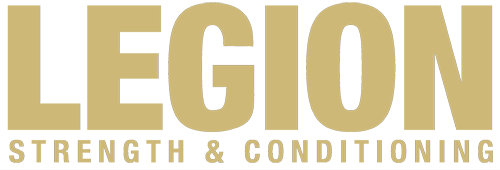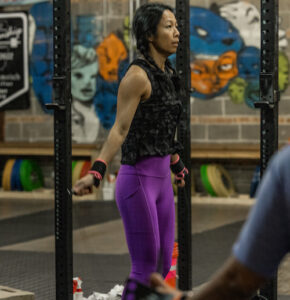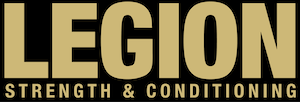Any sort of remote coaching relationship requires excellent communication between the athlete and the coach. Without a foundation of trust and clear expectations from everyone involved, relationships can quickly sour.
In my time as a remote coach, I’ve seen all kinds of things go wrong — either in my own coaching or in observing the relationships that other coaches have with their athletes.
Aloof, disorganized coaches who only follow up with athletes intermittently? Check.
Weird, co-dependent relationships? Check.
Controlling and manipulative behavior? Check.
Athletes looking to their coach for constant validation? Check.
A lack of trust resulting in an athlete questioning and doubting every aspect of their program? Check.
There are all kinds ways that a coaching relationship can go wrong, but, in this episode, Luke and Todd discuss how communication should work for remote coaches.
Listen Here
- iTunes
- Overcast
- Google Podcasts
- mp3
- Or stream here:
- If you’re enjoying the show, why not a leave a review? It makes a difference in terms of other people finding the show.
Show Notes:
- [01:23] How should coach and athletes lay the groundwork for communication in a remote coaching relationship? It’s not just about sending people their programs.
- [13:40] The two types of communication errors that coaches make: excessive hand-holding or having weird “rules.” Building trust is necessary to establish good communication rhythms.
- [25:59] The dangers of the “authoritarian coach” — and some strange controlling behavior we’ve seen from coaches.
- [36:12] Some people want their training micromanaged by a coach, so coaches need to be prepared to discuss exactly what clients are looking for. And, the things that observant coaches should be paying attention to when communicating with athletes







